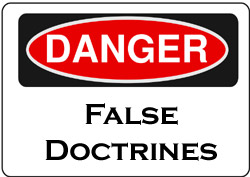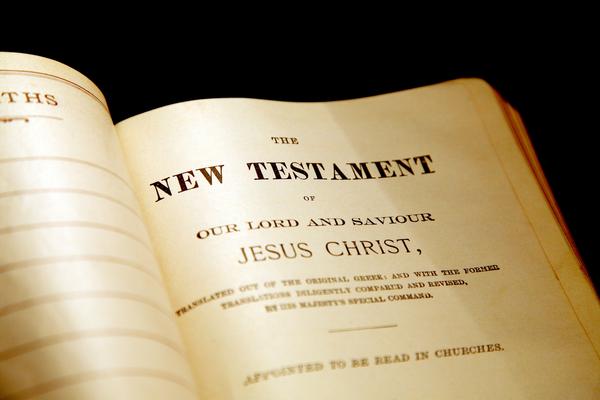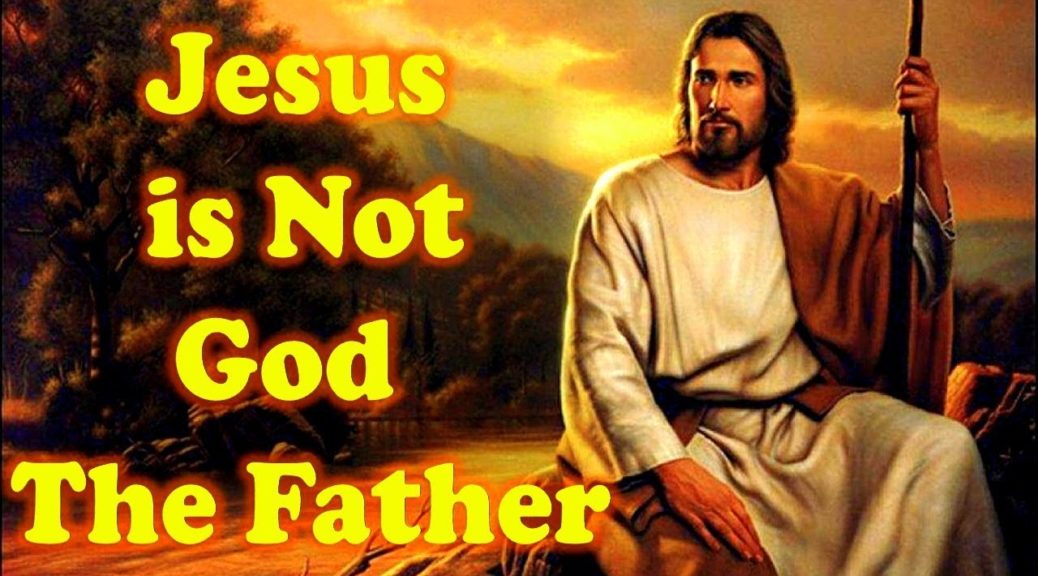Jehovah’s Witnesses have used dates to establish or legitimize their existence since they began in t
he 1870’s. All the dates they used back then have been gradually discarded as time has gone by, and evidence proves all those dates to be Biblically and historically untenable. The Jehovah’s Witnesses have, for many years now, proclaimed that the year 1914 began Jesus’ kingship over the world, and also the “last days” started. This, in itself, should be a red flag for any serious Bible-believing Christian. Why?
“Watch out for false prophets” (Matthew 7:15 NIV)
=&0=&you are=&1=&Luke=&2=&
“When a prophet speaks in the name of Yahweh and the thing does not happen and the word is not fulfilled, then it has not been said by Yahweh” (Deuteronomy 18:22 NJB)
There are many sources available to get the details of the history of Jehovah’ Witnesses (JW’s) and their date setting, if one wishes. The date 1914 was put forward originally in the late 1800’s as the date of Armageddon, and the end of the world, etc., after their previous dates of 1874, 1878, and more failed. These facts, in themselves, that is, the setting of dates, are a critical violation of the scriptural principles of:
“About that day and hour no one knows, not even the angels in heaven, nor the Son, but only the Father” (Matthew 24:36 NIV).
“It is not for you to know the dates and times the Father has set by his own authority” (Acts 1:8 NIV).
The Witnesses revised their assertions about 1914 after all their predictions about that date failed, and since 1943 they have loudly proclaimed 1914 to be the date of Christ’s coming into ‘full Kingdom power’, and the beginning of ‘the last days’. Even though they have revised exactly what all that meant many times, they have held to the 1914 date ever since. How do the JW’s arrive at the 1914 date?
Their own sources reveal a rather complex patchwork cobbling together of various scriptures combining with some historical events to calculate a starting point of the destruction of Jerusalem by the Babylonians about 600 years before Christ, which begins a time period of 2,520 years, based on Daniel 4:16,17,23; Numbers 14:34; Ezekiel 4:6), culminating in the year 1914. Again, you can easily check the JW sources themselves at jw.org. This entire framework of setting the 1914 date is unscriptural, but the starting point of this 2,520 year time period, is completely unscriptural, and also contradicts historical facts. The JW’s for many years have used a 3 1/2 year period they asserted from scripture, ‘prophesying in sackcloth’ (Revelation 11:2,3), to apply from the fall/1914 to the spring/1918, and claimed the first “anointed ones” were then resurrected to heaven. Since 8 prominent JW leaders were imprisoned in the summer of 1918 until spring/1919, the JW’s claimed the “three and a half days” of being killed and lying dead on the streets of “Sodom and Egypt”, i. e., the world, and then coming back to life spiritually with their release from prison (Revelation 11:7-11). The JW’s still assert a spiritual ‘cleansing’ during this period of time, marked by their being commissioned by God, as they now assert, as his “faithful and discreet slave” class of leaders (Matthew 24:45 NWT). But this entire framework/patchwork of scriptures/time periods has been hinged on the 607 BCE date being accurate.
There is much documented historical evidence, which is fairly easy to check, to support the date of 587/586 BCE as the date of Jerusalem’s destruction by the Babylonians, including the glorious temple built by Solomon. The JW’s, however, assert that this destruction occurred in 607 BCE, without any supporting evidence, using only their own conjecture. The JW’s accept the hisorically verifiable date date of 539 BCE as the date of Babylon’s fall, with the takeover by the Medo-Persian Empire. The problem for the Witnesses? The 587/586 date and the 539 date are both supported by much of the same prolific documentary evidence. But here’s the kicker for the JW’s—the 586/587 BCE date that the Witnesses reject, has even stronger evidence than the 539 BCE date, which the JW’s accept, and the 607 BCE date has none! There is not even the slightest shred of evidence to support the 607 BCE date. Thus, the Jehovah’s Witnesses 1914 date rests on a non-existent foundation.
The following two quoted paragraphs give the Witnesses’ line of reasoning to arrive at their 607 BCE date for Jerusalem’s destruction. Notice that they insist on a literal 70 year period from the return from exile, which they assume was in 537 BCE, and they extrapolate back to 607 BCE.
=&3=&
 In recent times, the expression, “The Last of the Last Days,” has been used by a certain group. This can be seen from their website, www.jw.org. Since such an expression id not used in the Bible, where does it come from?
In recent times, the expression, “The Last of the Last Days,” has been used by a certain group. This can be seen from their website, www.jw.org. Since such an expression id not used in the Bible, where does it come from?



 There are some significant differences between the Hebrew and Greek genealogies of
There are some significant differences between the Hebrew and Greek genealogies of 